Indian Gooseberry (Amla)
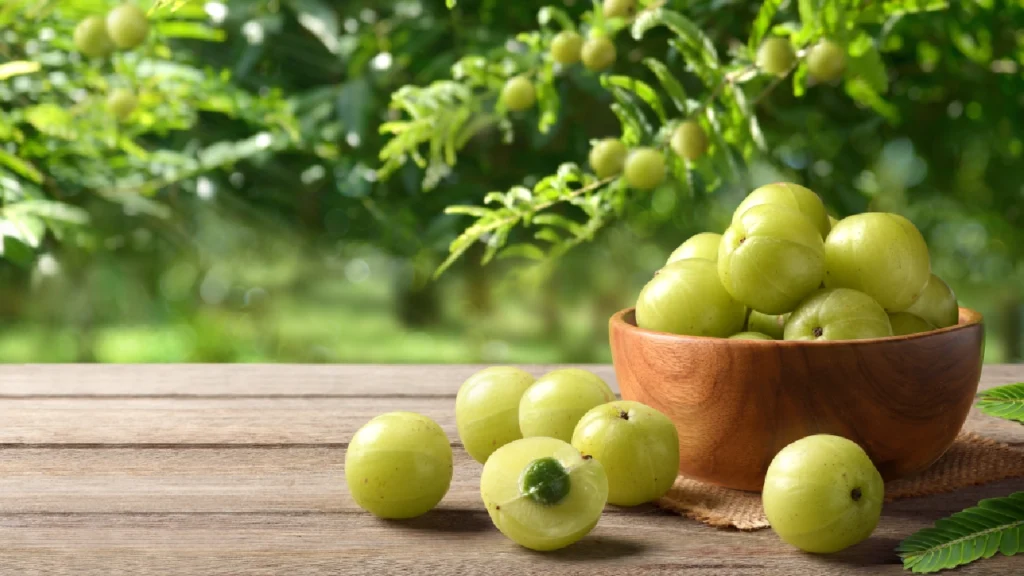
Amla, or Indian Gooseberry, is a small, greenish-yellow fruit known for its sour and tangy taste. The fruit is round, smooth, and slightly translucent, with vertical stripes running down its sides. It is a powerhouse of nutrients, especially vitamin C, and has been revered in Ayurvedic medicine for thousands of years due to its numerous health benefits. Amla is not only consumed as a fruit but is also used in various forms, including powders, juices, and oils, making it a versatile ingredient in both culinary and medicinal applications.
1. Size:
- The fruit is small, typically measuring about 2-3 cm in diameter. It is round and slightly flattened at the top and bottom, resembling a small, firm grape.
2. Color:
- Amla is typically a light green color when fresh, but it may have a yellowish tint as it ripens. The skin is smooth and glossy, with the flesh being slightly translucent.
3. Texture:
- The skin of the Amla fruit is smooth and firm, while the flesh is juicy and fibrous. When bitten into, it has a crisp texture, but its fibrous nature becomes more apparent as it is chewed.
4. Fragrance:
- Amla has a subtle, earthy fragrance, with a hint of tartness that reflects its sour taste. The aroma is not particularly strong, but it becomes more pronounced when the fruit is dried or processed.
5. Uses:
Amla is widely used in Indian cuisine, both in its fresh and dried forms. It is often pickled, candied, or used as a souring agent in dishes. Amla can also be consumed as a juice or added to smoothies for a nutritional boost. Its high vitamin C content makes it a popular ingredient in health supplements and immune-boosting remedies.
Amla is a cornerstone of Ayurvedic medicine, where it is used to balance all three doshas (Vata, Pitta, and Kapha). It is believed to promote longevity, enhance digestion, purify the blood, and support heart health. Amla is also used in various formulations to strengthen hair, improve skin health, and support the immune system.
Amla is a popular ingredient in hair and skincare products. Amla oil is used to nourish the scalp, strengthen hair, and prevent premature graying. It is also used in face masks and creams for its antioxidant properties, which help to rejuvenate the skin and reduce signs of aging.
6. Habitat:
- Amla trees are native to India and thrive in tropical and subtropical climates. They are commonly found in the Indian subcontinent and grow well in well-drained, fertile soils. The tree is drought-resistant and can tolerate a variety of soil conditions, making it a hardy and resilient species.
7. Cultural and Spiritual Significance:
Amla has been used in Indian culture for centuries, both as a food and a medicine. It is considered a sacred fruit in many Indian traditions and is often used in religious rituals and ceremonies. Amla is also a symbol of health and longevity, and it is commonly used in Ayurvedic formulations to promote overall well-being.
In Indian spirituality, Amla is associated with divine energy and is believed to have the power to cleanse and protect the body and spirit. The fruit is often offered in religious rituals, and its consumption is thought to bring blessings and protection from negative energies.
Spiritual Properties
Protection: Amla is believed to have protective properties, particularly in safeguarding the body and spirit from negative influences. It is often used in spiritual rituals and practices to promote physical and spiritual health.
Healing: The fruit is also associated with healing, both on a physical and spiritual level. Its high nutrient content, particularly vitamin C, makes it a powerful healing agent, while its spiritual significance adds to its role in promoting overall well-being.
Medicinal Properties
Antioxidant: Amla is rich in antioxidants, which help to neutralize free radicals in the body, reducing oxidative stress and preventing cell damage. This makes it an effective remedy for promoting overall health and longevity.
Immune Support: The high vitamin C content in Amla helps to strengthen the immune system, making the body more resistant to infections and diseases. It is often used in Ayurvedic medicine to boost immunity and prevent illness.
Digestive Aid: Amla is known to enhance digestion and support the digestive system. It helps to regulate bowel movements, reduce acidity, and promote the absorption of nutrients. It is often used in Ayurvedic formulations to treat digestive disorders.
Heart Health: Amla is believed to support cardiovascular health by reducing cholesterol levels and improving blood circulation. Its antioxidant properties also help to protect the heart from oxidative stress and inflammation.
Allergic Reactions
Indian Gooseberry, is generally safe for consumption and is widely used in traditional medicine and culinary practices. However, excessive consumption may lead to certain side effects, especially in individuals with underlying health conditions.
Skin Irritation: Some individuals may experience skin irritation when applying Amla-based products topically. Symptoms may include redness, itching, or a mild rash. It is recommended to perform a patch test before using Amla on the skin, especially for those with sensitive skin.
Respiratory Discomfort: In rare cases, the strong aroma of Amla products, particularly in concentrated forms like oils, may cause respiratory discomfort in sensitive individuals. Symptoms may include coughing, wheezing, or shortness of breath.
Gastrointestinal Issues: While Amla is generally safe for consumption, excessive intake may lead to gastrointestinal discomfort, including stomach pain, nausea, or diarrhea. It is advisable to consume Amla in moderation, particularly in its raw or concentrated forms.
Lower Blood Sugar Levels: Amla has been shown to lower blood sugar levels, which can be beneficial for individuals with diabetes. However, for those taking medication for diabetes, it is important to monitor blood sugar levels closely, as Amla may enhance the effects of these medications.
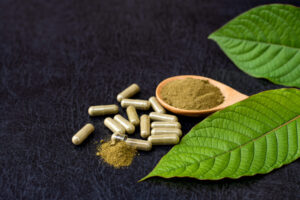
Kratom
Kratom Kratom is an evergreen tree belonging to the coffee family, Rubiaceae. It grows to a height of 12 to 30 meters (40 to 100

Benzoin Gum Powder
Benzoin Gum Powder Benzoin Gum Powder is derived from the resin of the Styrax benzoin tree, known for its sweet, balsamic aroma. The resin is
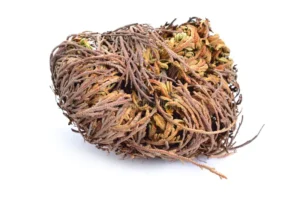
Jericho
Jericho Jericho, also known as Rose of Jericho or Anastatica hierochuntica, is a fascinating plant known for its remarkable resurrection abilities and distinctive appearance. This
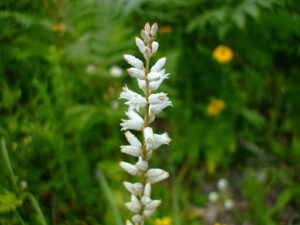
True Unicorn Root
True Unicorn Root The overall appearance of hibiscus flowers is bold and exotic, making them a popular choice for gardens, decorations, and floral arrangements. Their
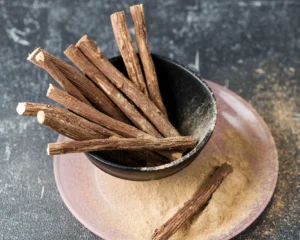
Licorice Root
Licorice Root Licorice Root is a perennial herb renowned for its sweet flavor and numerous health benefits. It has been used in traditional medicine for
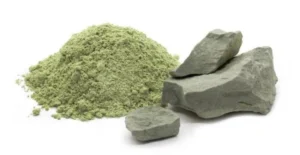
French Green Clay
French Green Clay The overall appearance of hibiscus flowers is bold and exotic, making them a popular choice for gardens, decorations, and floral arrangements. Their